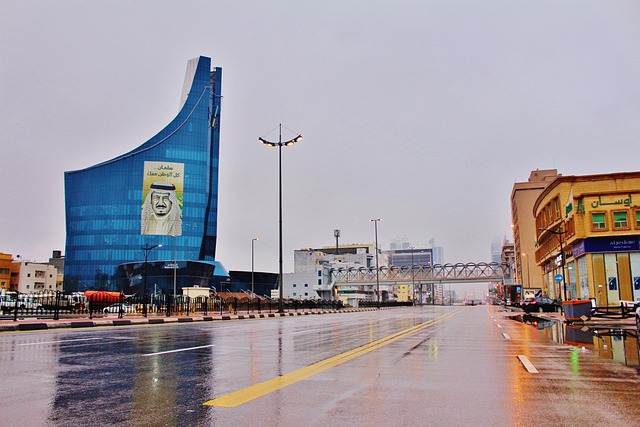GCC: The Superman of Global Energy Markets
Key Ideas
- The GCC countries play a vital role in the global energy market with significant oil and gas reserves, producing 17 million barrels of oil daily in 2023.
- They are shifting towards clean energy with a $200 billion commitment, including projects like the Mohammed bin Rashid Al Maktoum Solar Park and NEOM Green Hydrogen Project.
- GCC nations demonstrate strong economic clout beyond energy, investing in clean tech startups and leading discussions on energy transition on a global scale.
- Challenges such as heavy reliance on hydrocarbon revenue and the need for economic diversification pose hurdles to the GCC's sustainable energy transition.
The Gulf Cooperation Council (GCC) countries have been dubbed the 'Superman' of the global energy markets due to their unique position in both fossil fuel supply and renewable energy efforts. With 30% of the world's oil reserves and 20% of natural gas reserves, the GCC plays a crucial role in stabilizing global energy markets during times of turbulence. Recently, they committed to increasing oil output by 1.5 million barrels per day to address market instability, showcasing their rapid response capabilities. The GCC is investing over $200 billion in clean energy solutions, including solar power and green hydrogen projects like the NEOM Green Hydrogen Project in Saudi Arabia. These initiatives, along with investments in nuclear and renewable energy projects, highlight the GCC's dedication to a sustainable future. Despite their economic and strategic power, the GCC faces challenges such as economic diversification and integrating regional power grids. As the GCC aims for net-zero emissions by 2050, recognizing their evolving role in the global energy transition is crucial for a sustainable future.
Topics
Middle East
Renewable Energy
Clean Energy
Geopolitics
Challenges
Energy Sector
GCC Countries
Economic Power
Strategic Influence
Latest News
